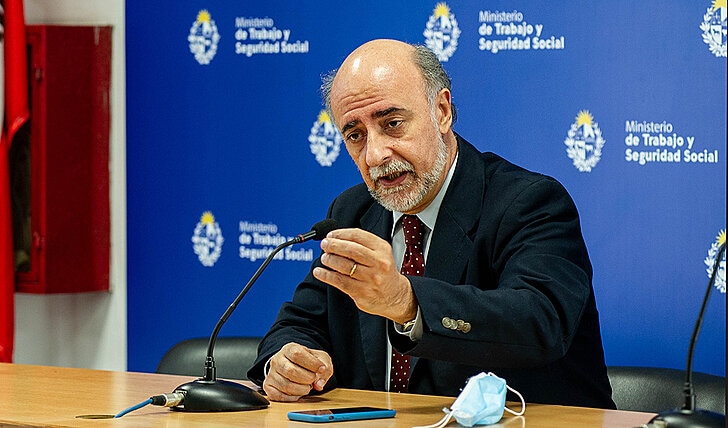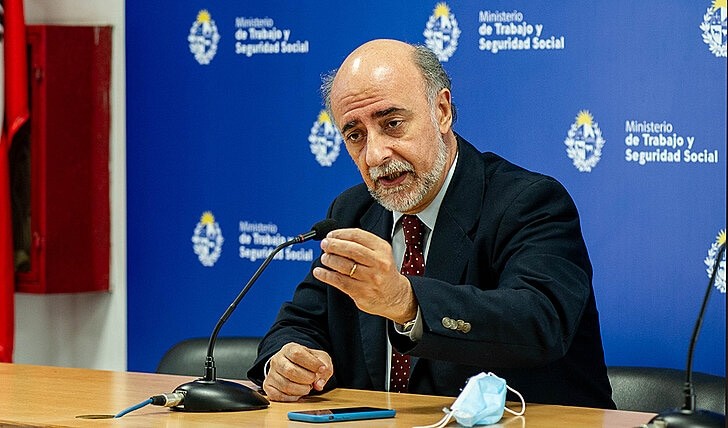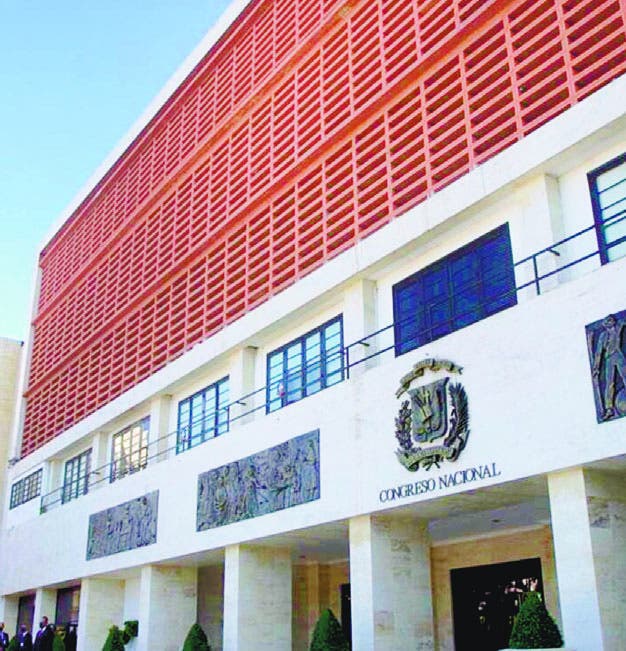
Inflation in Uruguay closed the year at 8.29% as reported by the National Institute of Statistics (INE), a percentage outside the target range established by the government.
However, the Minister of Labor and Social Security, Pablo Mieres, highlighted that the Average Wage Index was 9.6%, which meant an increase in the purchasing power of the country’s average wage “more than 1 point.”
Mieres pointed out that the government fulfilled its commitment to start the economic recovery in 2022 and that it will continue in 2023. In December, the items with the greatest impact on inflation were food and non-alcoholic beverages, housing, and transportation. Although there were drops in the prices of some cuts of meat and in the electricity bill, there were also increases in the price of fruit and vegetables and in rents.
“We fulfilled the commitment to start the recovery in 2022. And so it will continue to recover in 2023, as we promised,” said the Minister of Labor and leader of the Independent Party.
Last week, the minister announced that the national minimum wage will have an increase “a little above inflation”, which would take effect as of January 1, 2023.
“The increase is going to be a little above the inflation that occurred in the year, which is estimated to be around 8.5%,” said Mieres at a subsequent press conference.

















